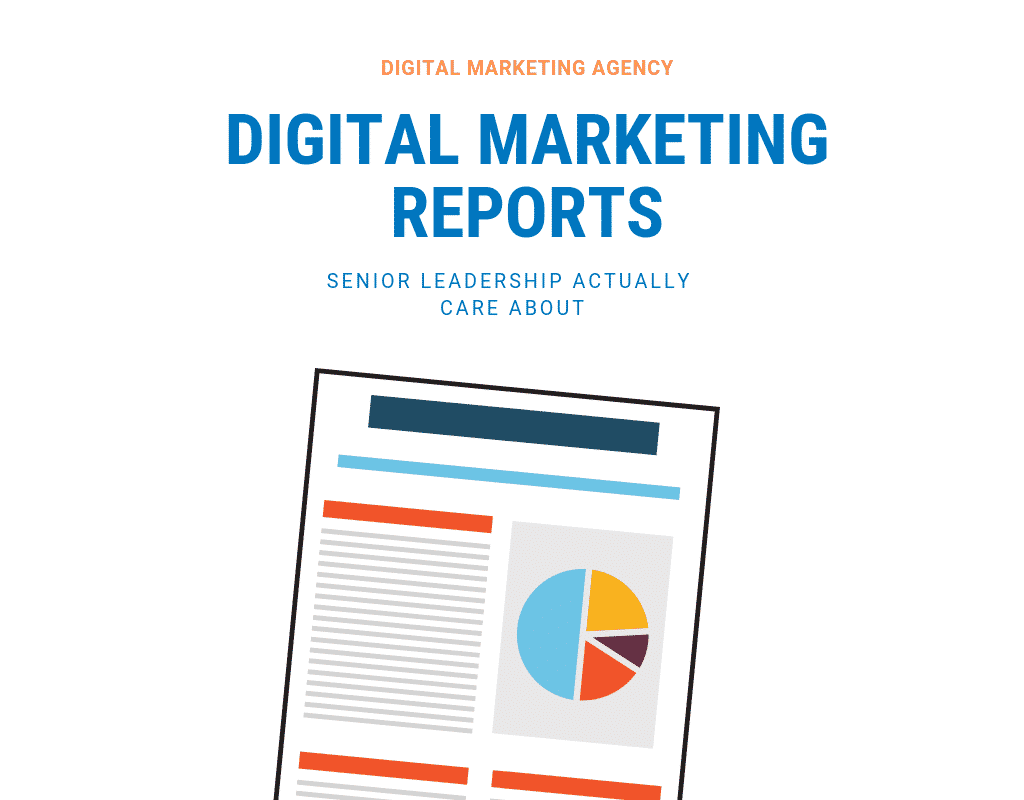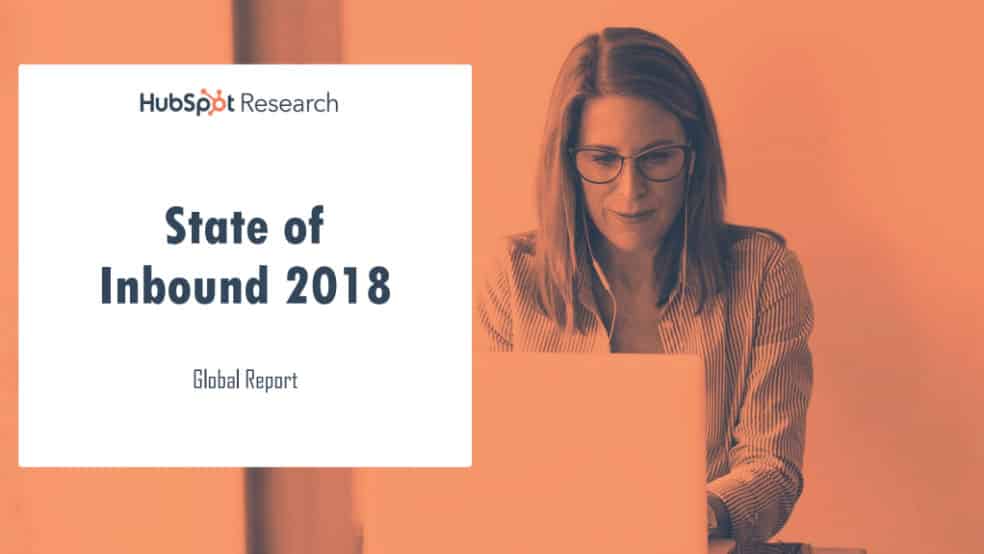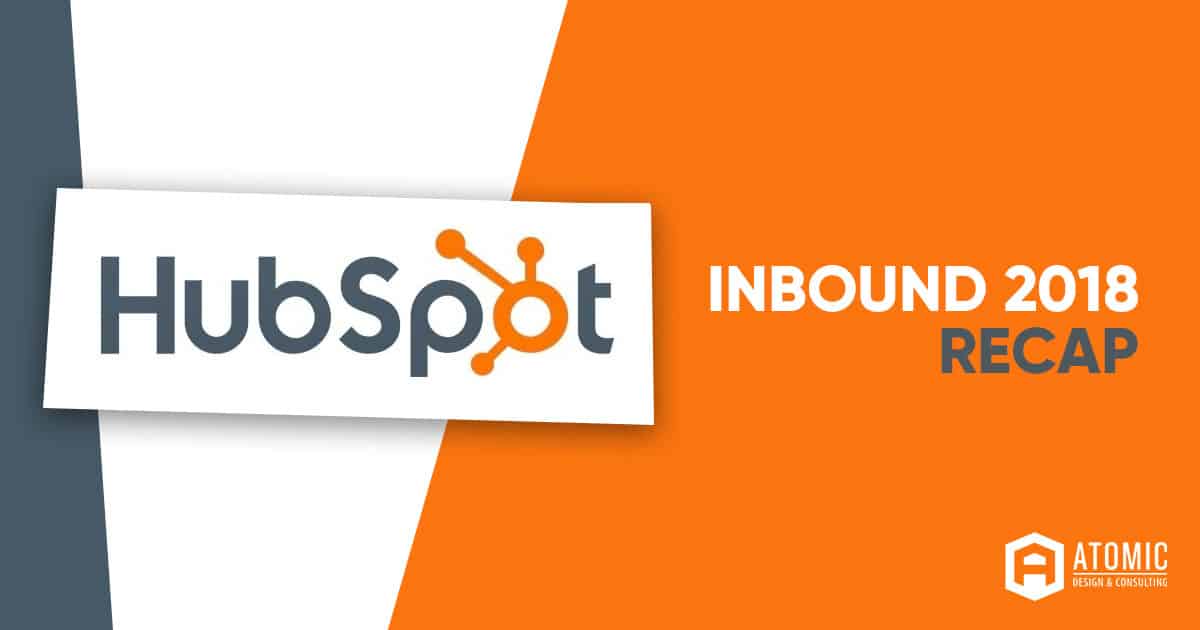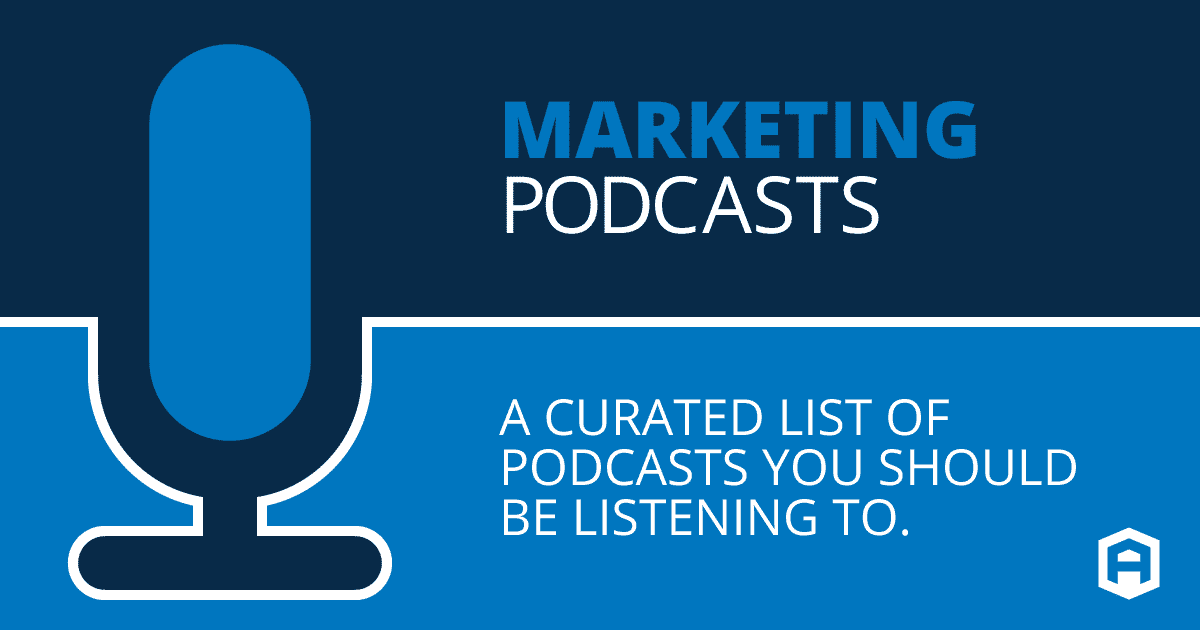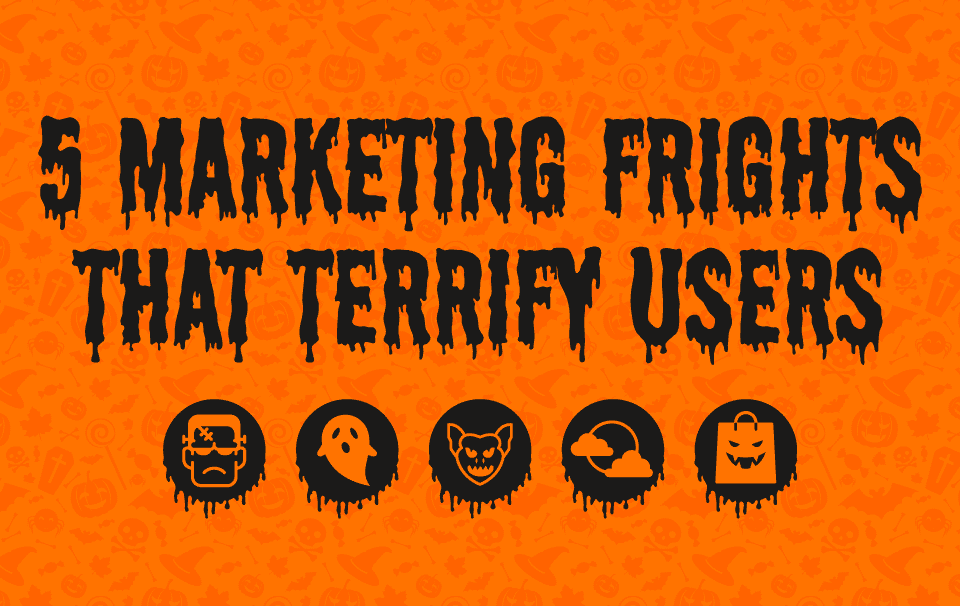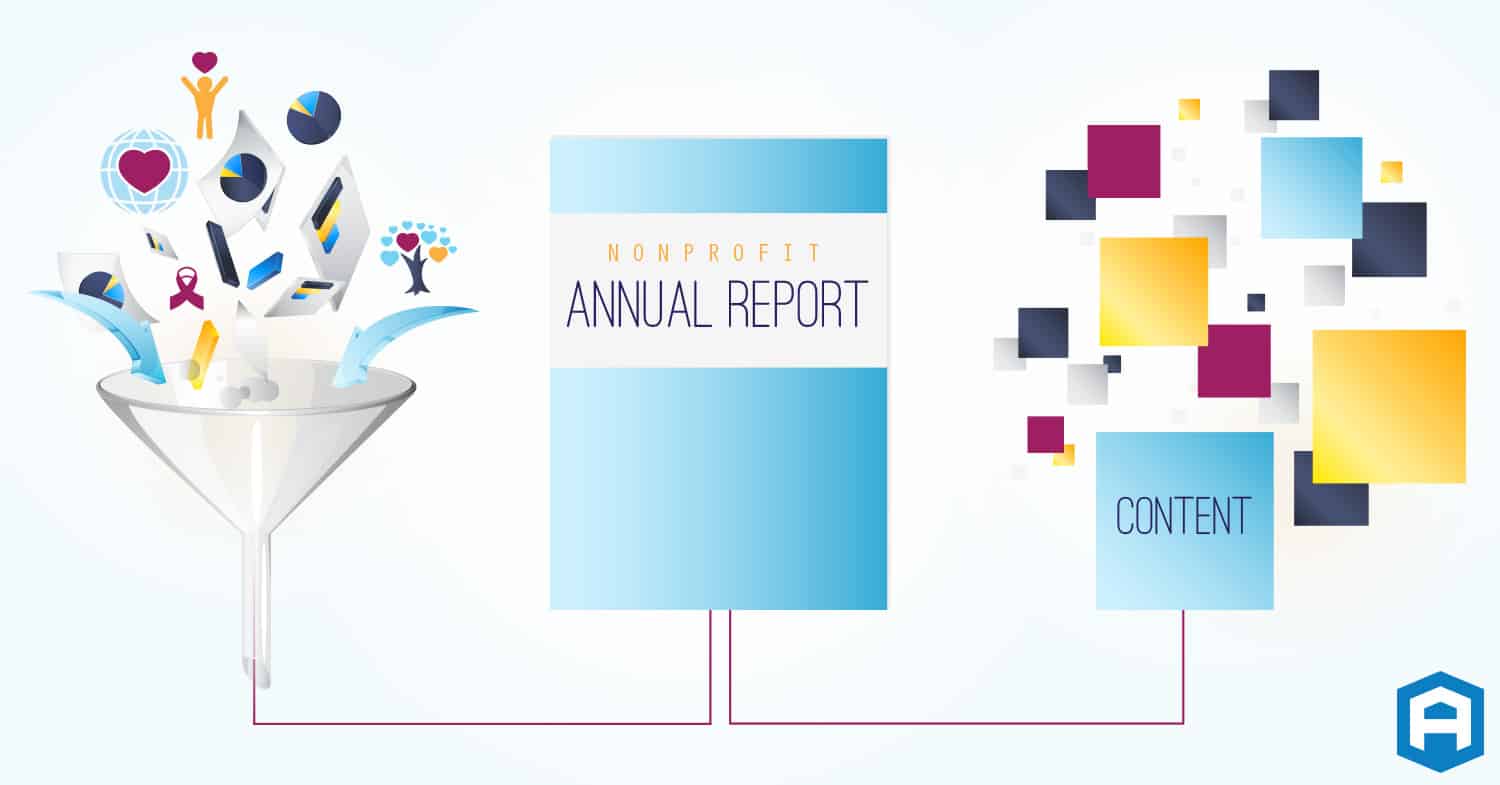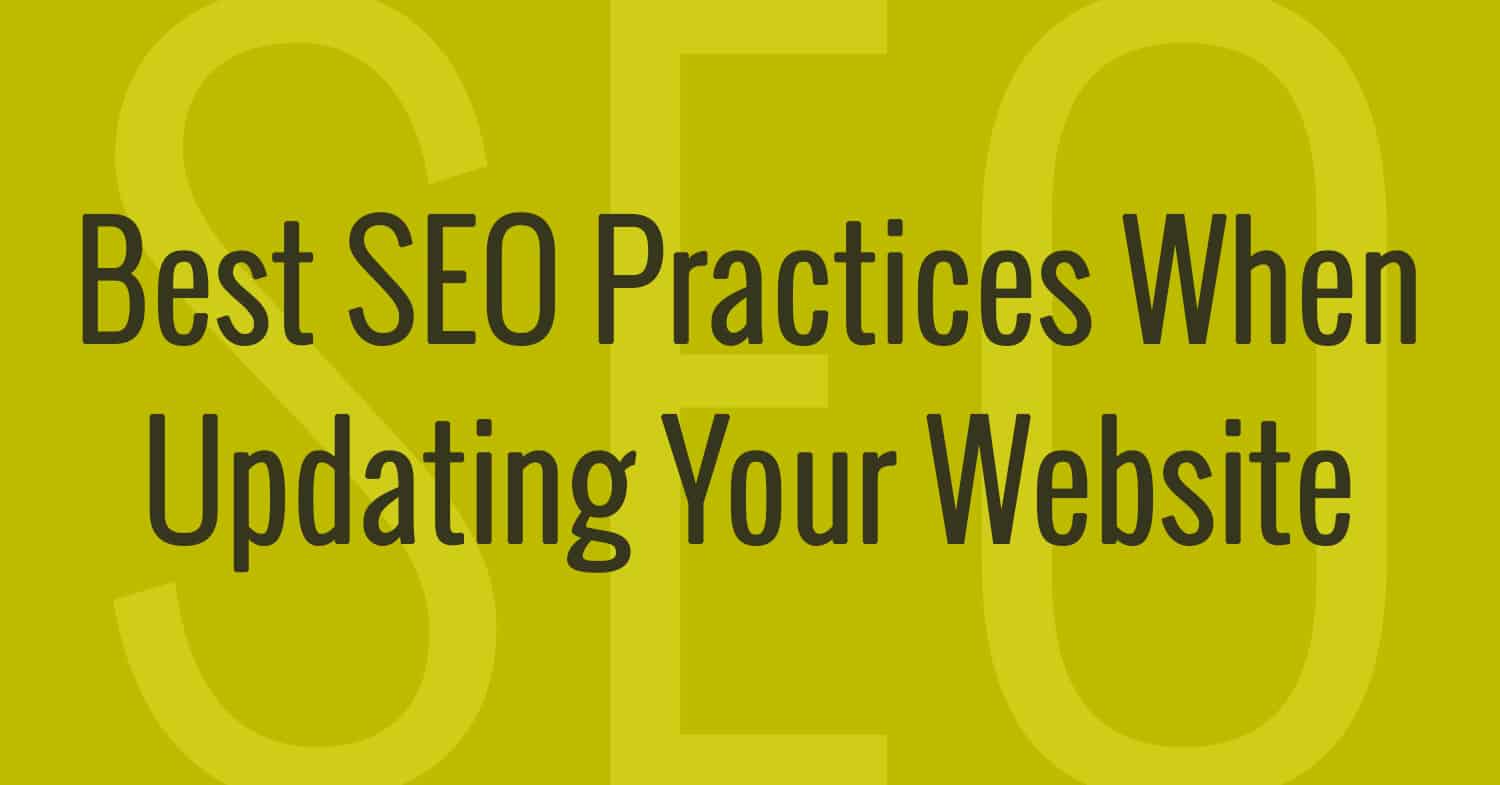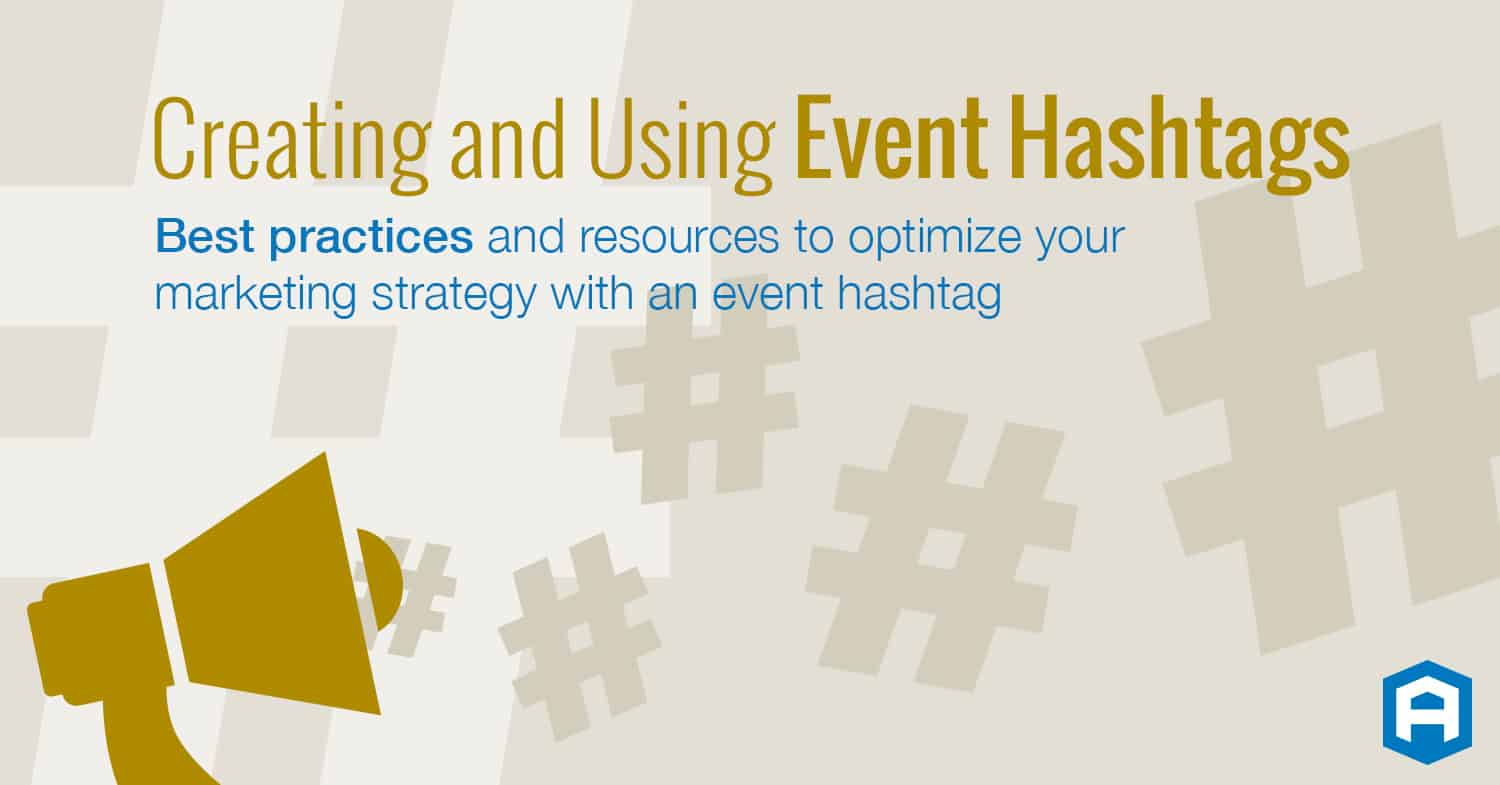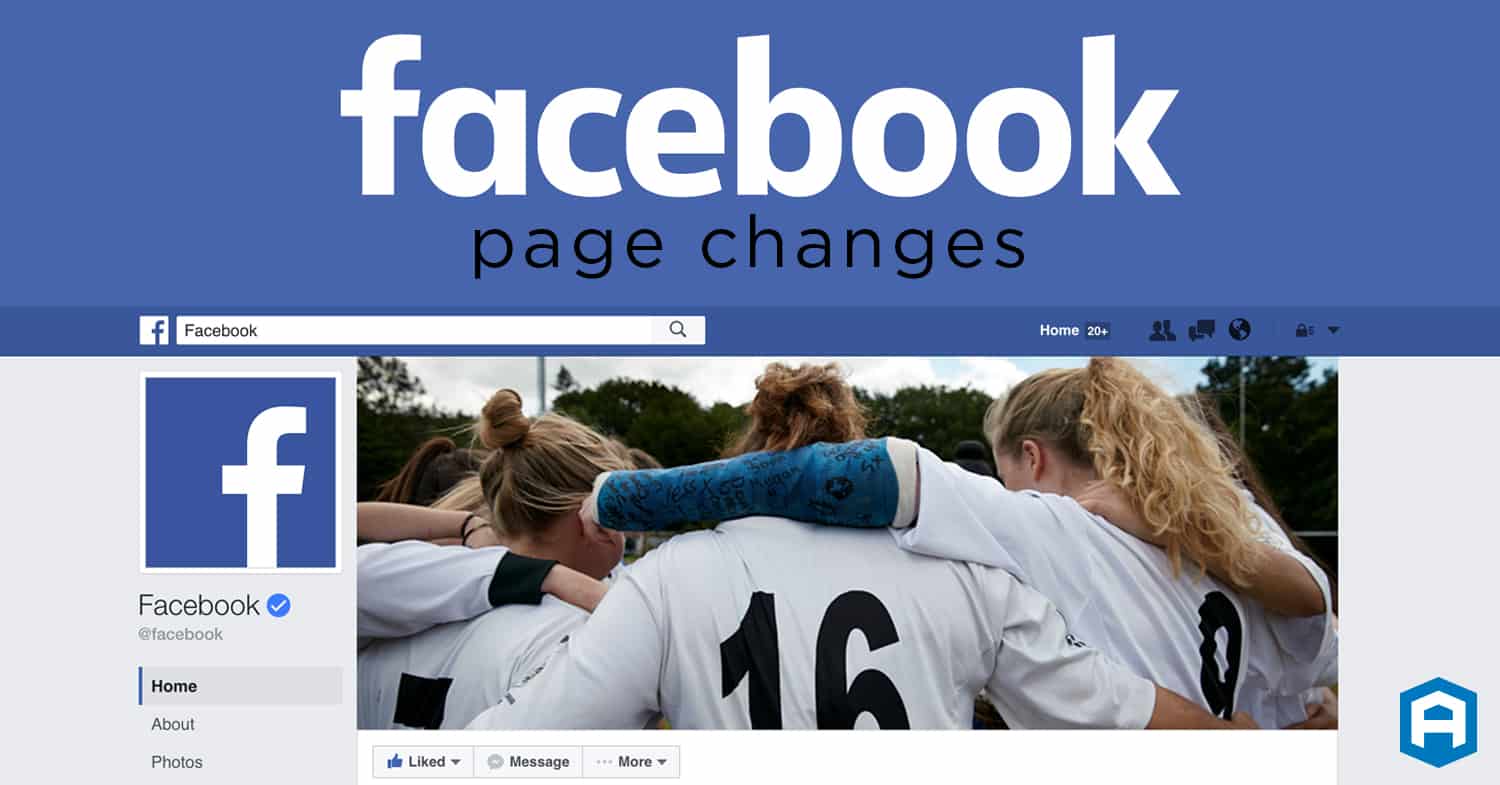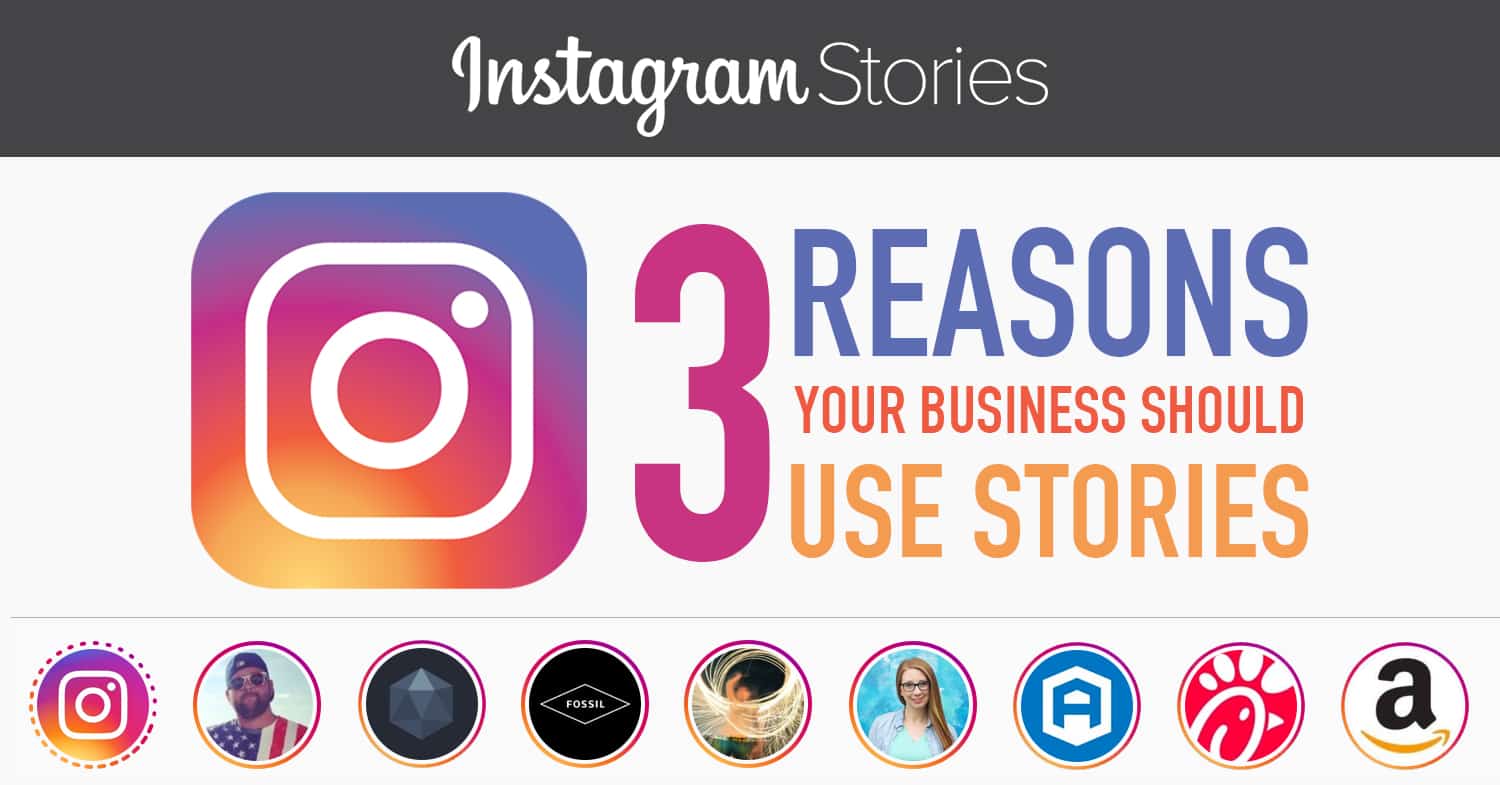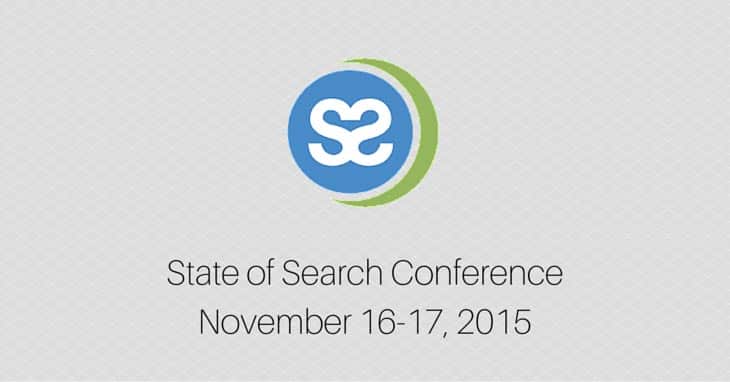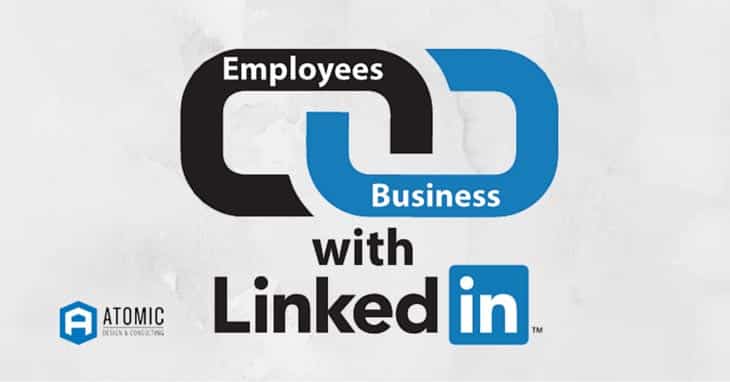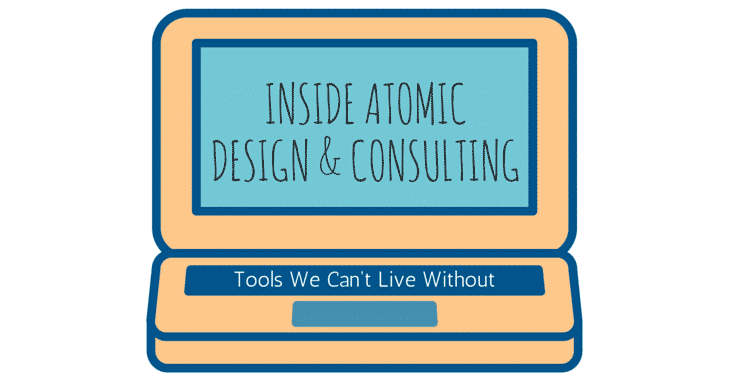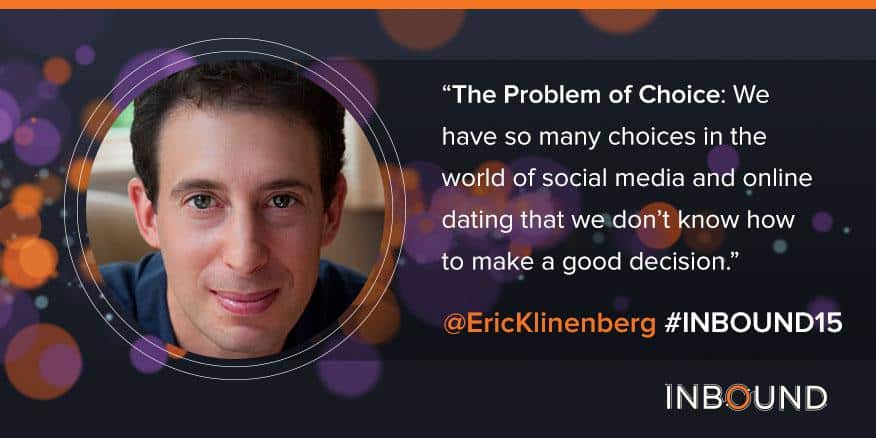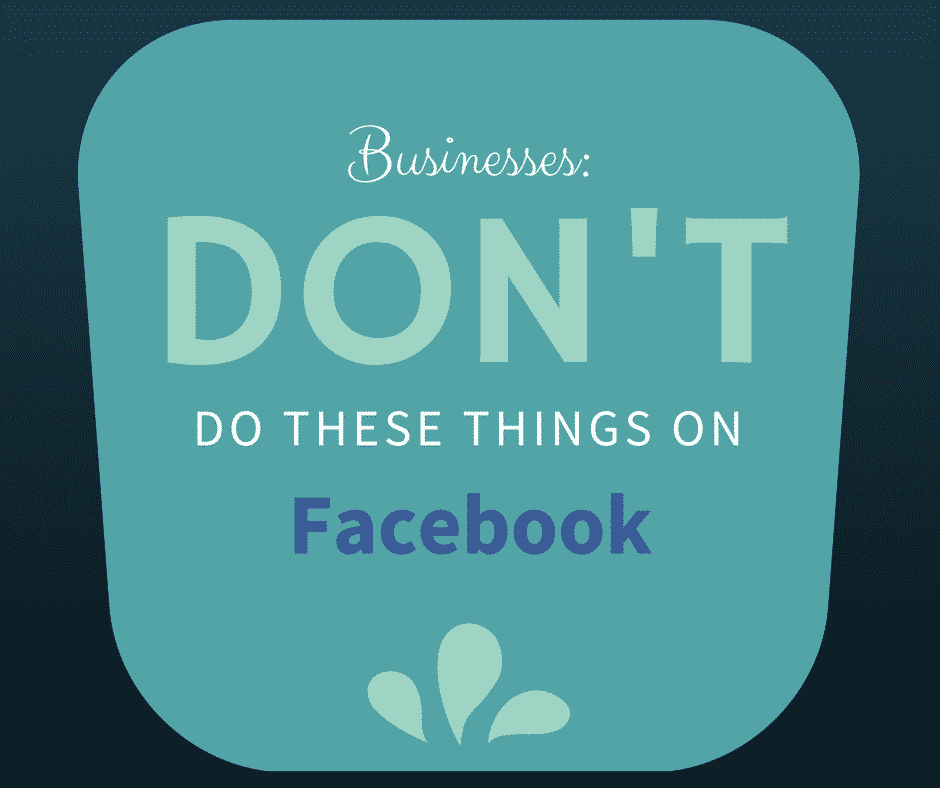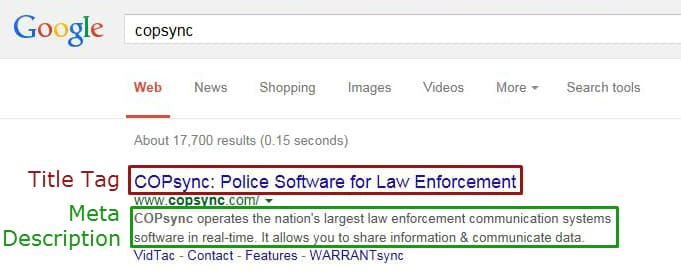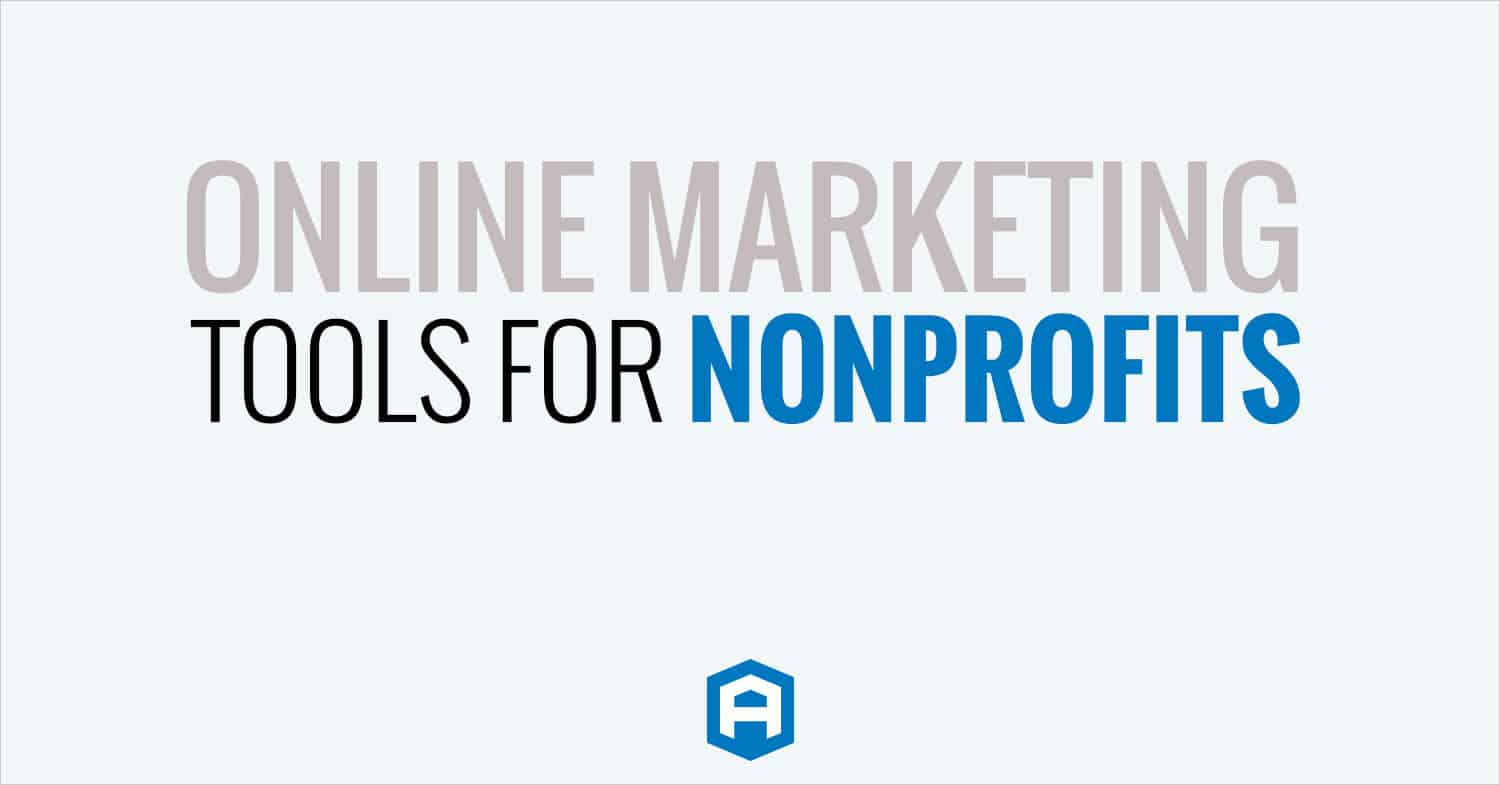Earlier this week, crap hit the SEO fan when experts started reporting an unprecedented increase in (not provided) query data.
Basically, Google stopped telling webmasters what search queries users entered to land on their company’s website. This data has been instrumental in helping search managers improve user experience and track results.
Google’s story is that they’re doing this to protect user privacy. There are a few other theories, but at this point, they’re irrelevant, and we must move on.
What happens now?
While most of the SEO world was grabbing a beer or pulling their hair out, a few notable bloggers took the opportunity to provide insight on to how we can recover from this blow to our data
All the resources pretty much say the same things:
The information achieved from query data is still out there, it’s just harder to get.
We now have to focus on broad generalizations about rankings and increased traffic on particular pages that exact queries. This might actually be a good thing. Nit-picking on small details can make it difficult to see the big picture sometimes. This broader focus will eliminate that problem.
Also, I think it will be good because digging deeper into how our content is ranking and why, rather than relying on a tool to tell us, always provides great insight that a computer algorithm just can’t see for us. Also, this increased difficultly will separate the mice from the men. SEO’s with real knowledge and skills will survive, and everyone else will move on to “easier” industries.
Paid ads are a great source of query data.
Regardless of whether Google is doing this to push people toward pay-per-click ads, growth in that area will still be a side-effect of 100% (not provided) because Google has left a loophole for advertisers to collect query data for their ads. In a recent blog Barry Schwartz recommended running your keywords on broad match to get as much query data as possible.
We still have webmaster tools…
Until further notice, webmaster tools is still providing query data. I’m not 100% sure, but my suspicion is that this will eventually go away, if not for every query, then for every query that isn’t branded. Nevertheless, we should use it while we can.
User testing
I haven’t seen anyone suggest this yet, but I’ve been doing it for a while when doing my keyword research. Sometimes, it’s helpful to call your mom or your brother-in-law, and say, “Hey! If you had a leak in your roof, and you needed to get it fixed today, what would you search for on Google?” Ask them to send you a list of ten things they would search for. Most of the time, there is a phrase or idea I hadn’t considered.
A more formal approach to this strategy would likely yield many new keyword ideas, though it might be costly to implement.
Just keep swimming
Google is never going to stop making it more difficult to manipulate the algorithm. When you get into this industry, you learn the dynamic quickly, and ultimately, SEO experts have become a group of tough-skinned, innovative individuals who have overcome more change and adversity in the past six months than most people do in their entire career. We’ve got this!
Blog Categories
Interested in a specific topic? Review the categories below and get the info, news, and tips you need based on your interest!


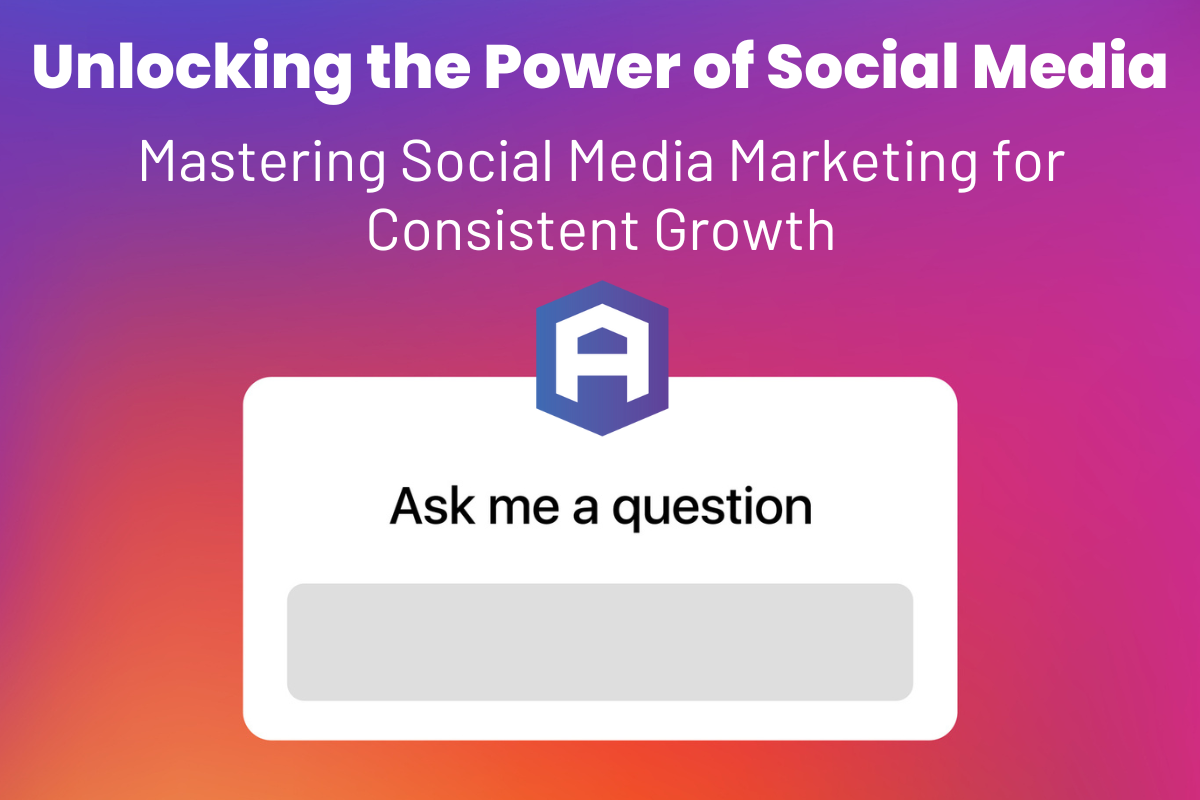


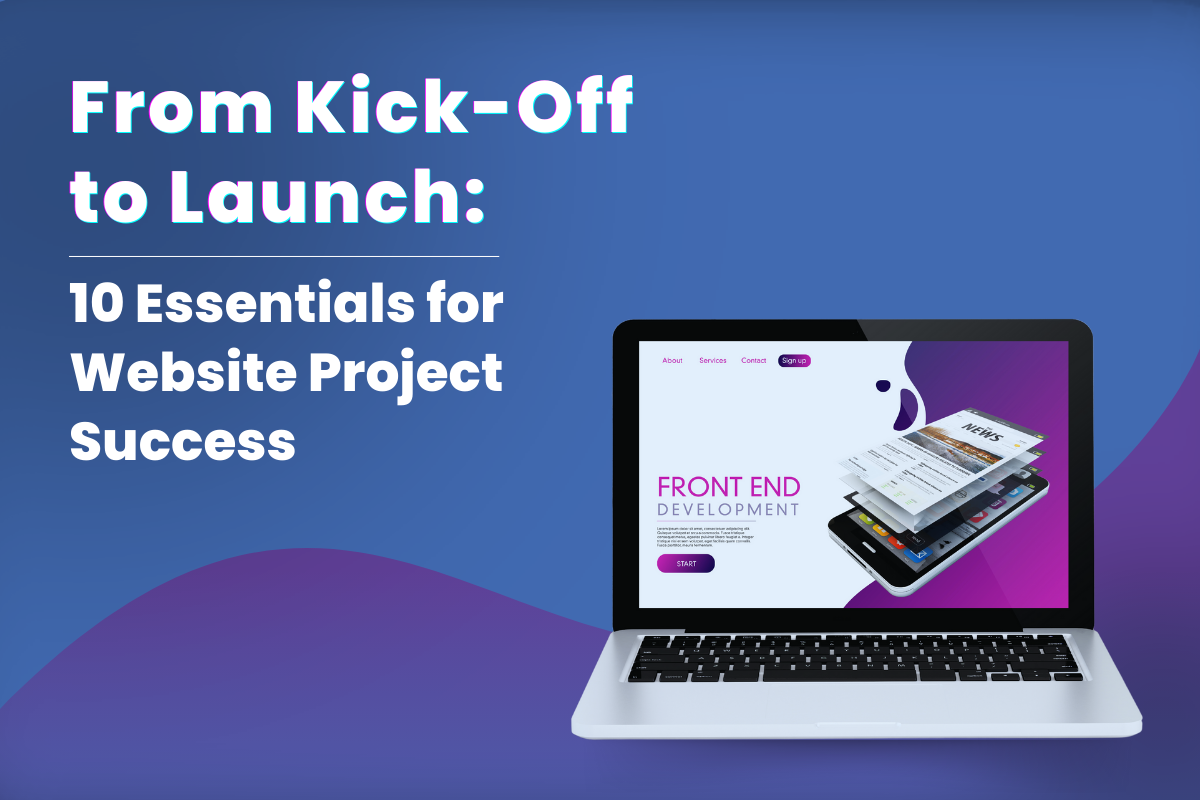

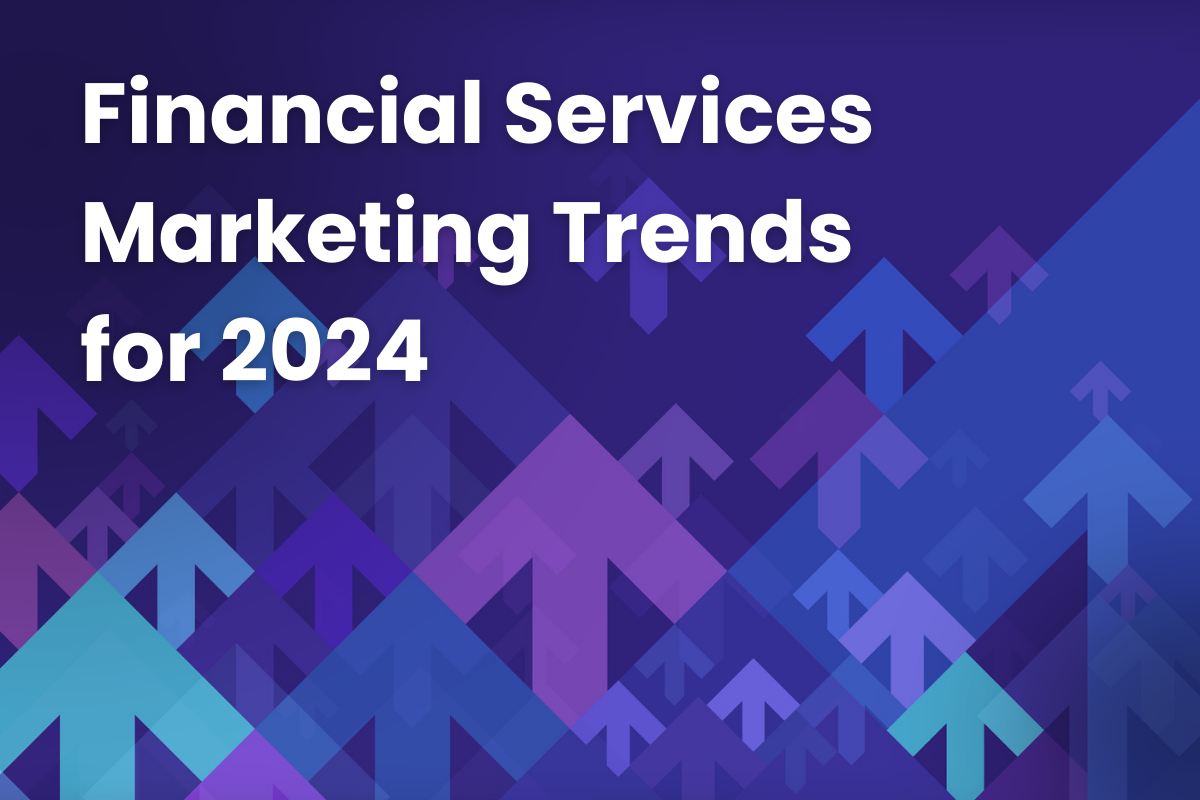
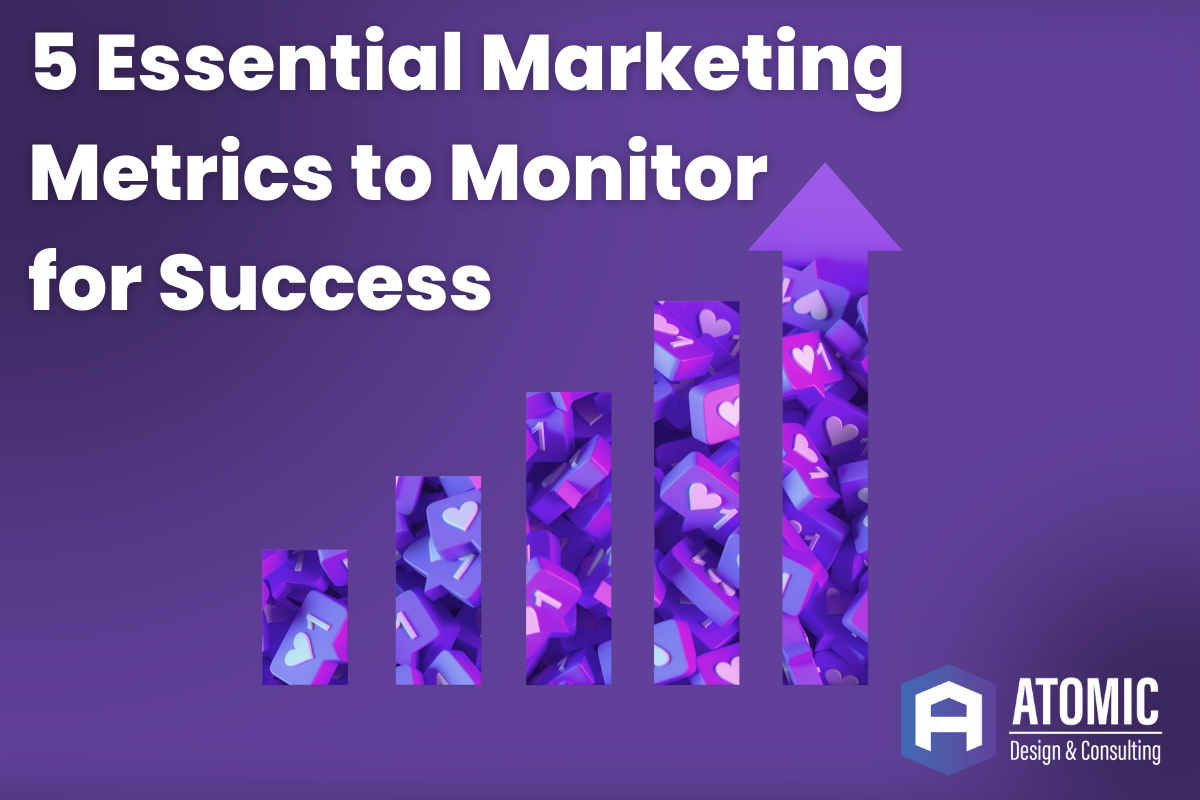


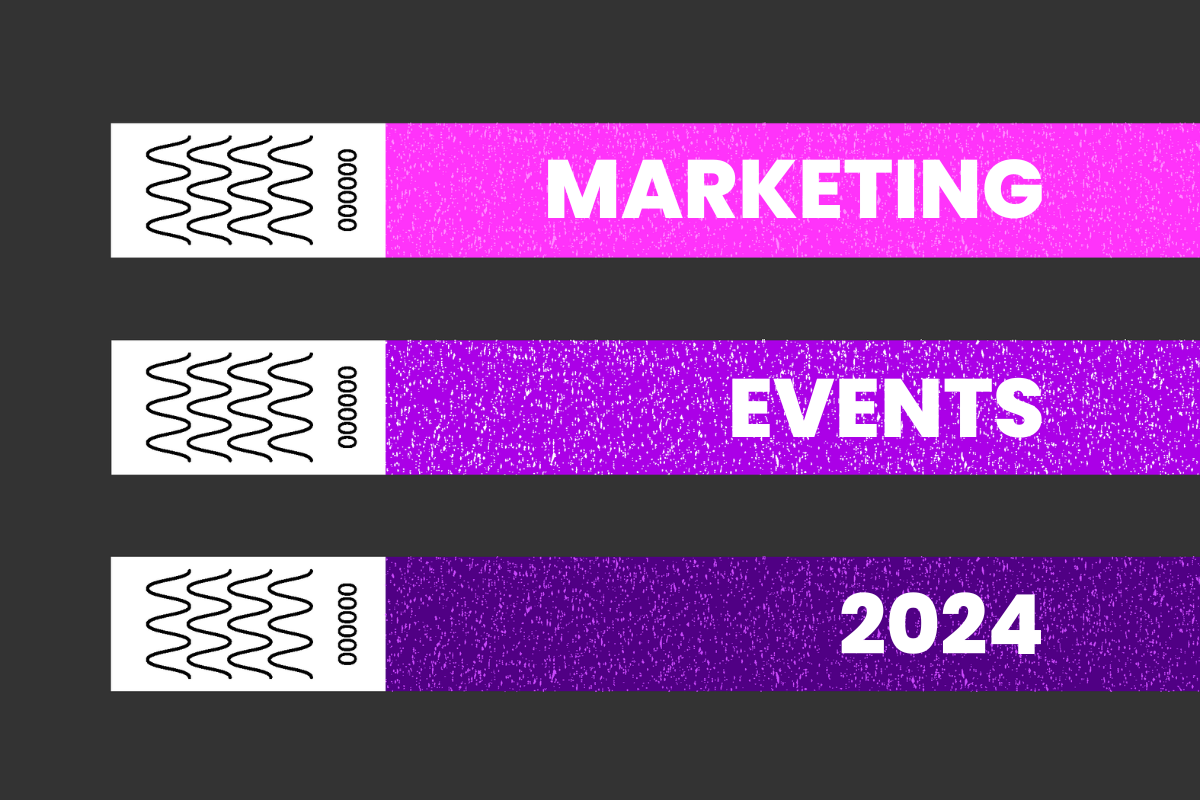













![How Much Should You Budget for Web Design or Redesign? [2020 Update] 26 29](https://www.atomicdc.com/wp-content/uploads/2019/12/29.png)





![HubSpot Partner Day 2019 [Recap] 32 ADC partner day 1200x630 1](https://www.atomicdc.com/wp-content/uploads/2019/09/ADC-partner-day-1200x630-1.jpg)
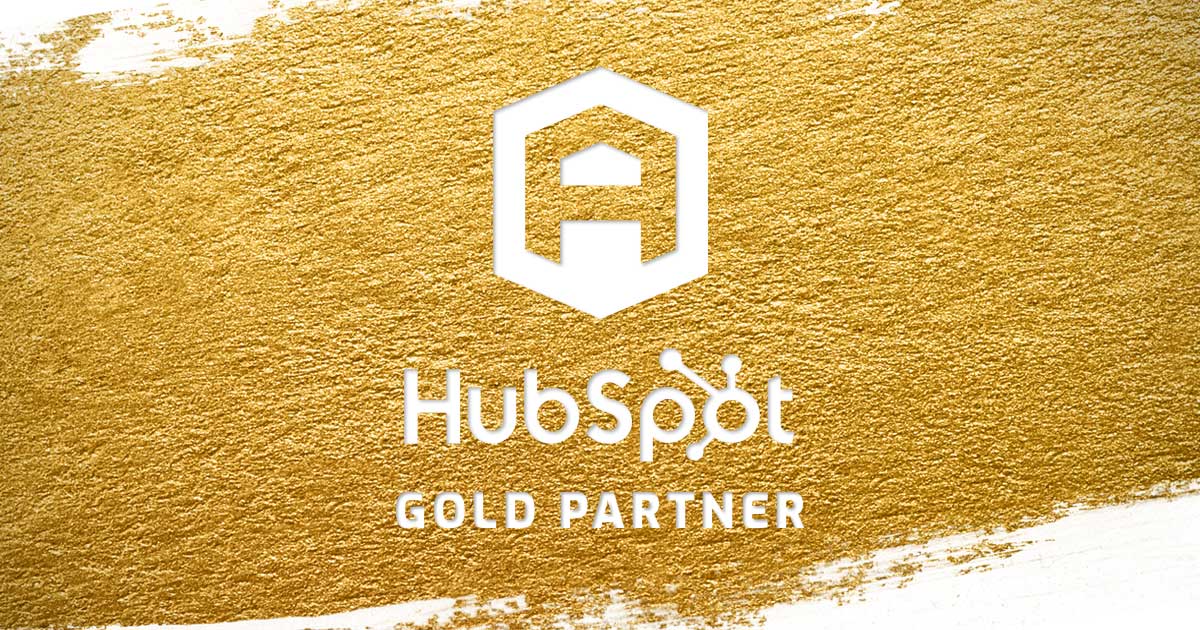


![30 Awesome HubSpot Tools That Won’t Cost You a Dime [Free Inbound Marketing Tools] 36 30 hubspot tools that won't cost you a dime](https://www.atomicdc.com/wp-content/uploads/2019/06/ADC-30-hubspot-tools.jpg)


